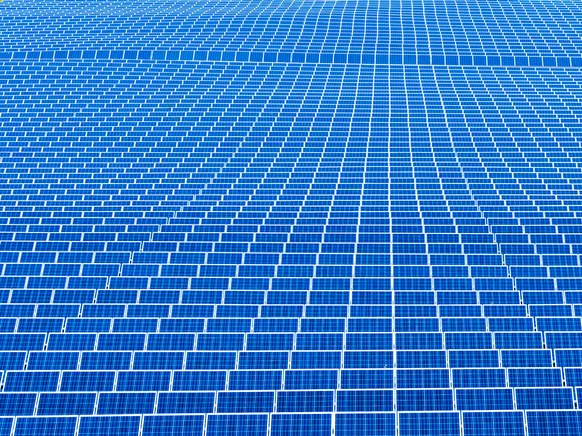
Breaking News
 NonConformist Series: Practical Wealth - Join us virtually Dec 29-30, 2025
NonConformist Series: Practical Wealth - Join us virtually Dec 29-30, 2025
 New bill would allow private citizens to fight cartels: 'WE ARE UNDER ATTACK'
New bill would allow private citizens to fight cartels: 'WE ARE UNDER ATTACK'
 Carnivore Got Me 90% There. This One Drink Changed Everything
Carnivore Got Me 90% There. This One Drink Changed Everything
Top Tech News
 Perfect Aircrete, Kitchen Ingredients.
Perfect Aircrete, Kitchen Ingredients.
 Futuristic pixel-raising display lets you feel what's onscreen
Futuristic pixel-raising display lets you feel what's onscreen
 Cutting-Edge Facility Generates Pure Water and Hydrogen Fuel from Seawater for Mere Pennies
Cutting-Edge Facility Generates Pure Water and Hydrogen Fuel from Seawater for Mere Pennies
 This tiny dev board is packed with features for ambitious makers
This tiny dev board is packed with features for ambitious makers
 Scientists Discover Gel to Regrow Tooth Enamel
Scientists Discover Gel to Regrow Tooth Enamel
 Vitamin C and Dandelion Root Killing Cancer Cells -- as Former CDC Director Calls for COVID-19...
Vitamin C and Dandelion Root Killing Cancer Cells -- as Former CDC Director Calls for COVID-19...
 Galactic Brain: US firm plans space-based data centers, power grid to challenge China
Galactic Brain: US firm plans space-based data centers, power grid to challenge China
 A microbial cleanup for glyphosate just earned a patent. Here's why that matters
A microbial cleanup for glyphosate just earned a patent. Here's why that matters
 Japan Breaks Internet Speed Record with 5 Million Times Faster Data Transfer
Japan Breaks Internet Speed Record with 5 Million Times Faster Data Transfer
Why It's So Hard to Get Solar in Florida (That'd Be the Sunshine State)

Solar energy is free. Solar panels, on the other hand … seriously, have you looked into buying these things? A rooftop setup capable of producing a daily dose of household energy can cost as much as a new car.
To make panels affordable, many rooftop solar users rely on leases and net metering arrangements that let them sell excess electricity back onto the grid. But not all states—including the so-called Sunshine State—allow leasing. A proposed amendment in Florida would finally allow leasing in the state, but it also contains language that would allow utility companies to charge solar panel consumers extra. If passed in November, the amendment (which is supported by a $12 million PAC funded by four of the state's largest utility companies) would undercut the economic advantage of installing solar panels in the first place. It's a solar skirmish that reflects larger questions about the economics of green energy.
About a third of all solar energy is produced by panels installed on homes or businesses (the rest comes from big, utility-scale installations). Seventy-two percent of those installations are owned by a third party—the solar panel company—either through leases or agreements that let the solar company profit from the energy the rooftop user generates. Florida is one of five states that specifically prohibit this kind of third-party ownership. People with rooftop solar, the state's logic goes, are providing a utility—and all utilities must be able to provide power 24 hours a day. Any utility unable to blast electrons into the grid on demand isn't allowed to lease. But even Florida gets dark sometimes (I know, some Sunshine State, right?).
That 24 hours a day thing might seem like a weird technicality, but it speaks to a real concern for power companies. Utilities don't just generate electricity. They build the infrastructure—power lines, transmission stations, transformers—that brings it to your house. "All users pay a percentage in their bill to cover the cost of those systems, maintaining that system," says Jocelyn Durkay, the energy senior policy specialist for the National Conference of State Legislatures, a nonpartisan policy analysis group based in Denver. "But having a solar rooftop system may result in a customer's bill being virtually zero."

 Aluminum Causes Brain Damage
Aluminum Causes Brain Damage Advanced Propulsion Resources Part 1 of 2
Advanced Propulsion Resources Part 1 of 2

